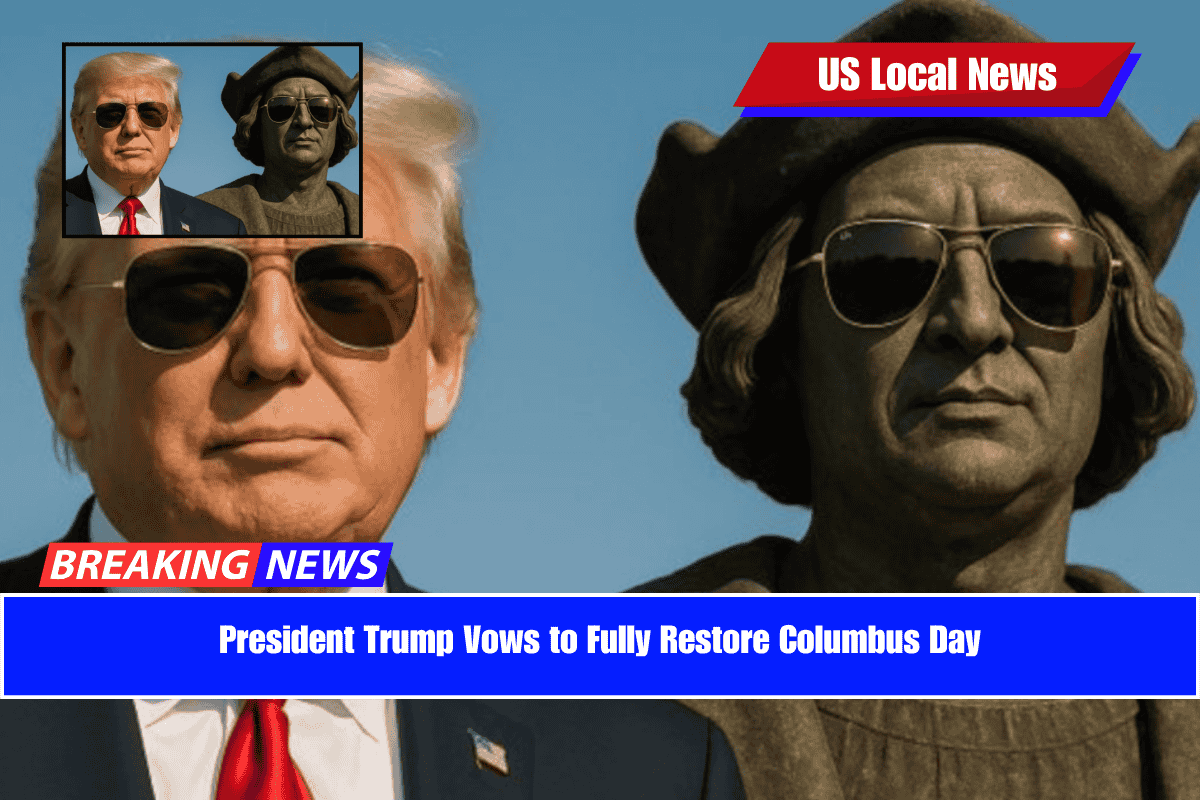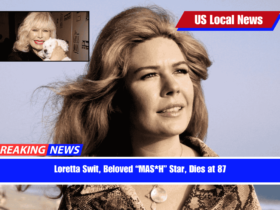President Donald Trump made it clear on Sunday that he will not continue the practice of recognizing Indigenous Peoples Day alongside Columbus Day each October.
Instead, he criticized Democrats for what he called an attack on Christopher Columbus’ legacy, as he continues his campaign to restore what he sees as traditional American icons.
Trump’s Stance on Columbus Day
In a post on his Truth Social platform, Trump declared, “I’m bringing Columbus Day back from the ashes.” He accused Democrats of doing “everything possible to destroy Christopher Columbus, his reputation, and all of the Italians that love him so much.”
Trump announced that he is “hereby reinstating Columbus Day under the same rules, dates, and locations, as it has had for all of the many decades before.”
Columbus Day is still recognized as a federal holiday, celebrated on the second Monday of October. During President Joe Biden’s term, Indigenous Peoples Day was also formally recognized through presidential proclamations, but the official federal status of Columbus Day remained unchanged.
Background: Biden’s Recognition of Indigenous Peoples Day
President Biden was the first to issue a proclamation recognizing Indigenous Peoples Day in 2021. His message celebrated “the invaluable contributions and resilience of Indigenous peoples” and acknowledged that America’s founding promise of equality had not been fully honored, especially concerning Native American communities.
Activists had long pushed for the change, wanting the focus to shift away from celebrating Columbus’ exploration—which led to the exploitation of indigenous peoples—and instead honoring the original inhabitants of the Americas.
Indigenous Peoples Day Gains Recognition Across the U.S.
Even before Biden’s proclamation, many cities and states had already begun recognizing Indigenous Peoples Day instead of—or alongside—Columbus Day. Cities like Columbus, Ohio; Los Angeles; San Francisco; Seattle; Denver; and Austin, Texas, made the change.
In New York, Governor Kathy Hochul officially recognized Indigenous Peoples Day in 2021, while New York City continues to hold the country’s largest Columbus Day parade.
Historical Context of Columbus Day
Interestingly, the addition of Columbus Day as a holiday was initially tied to America’s growing diversity, particularly its Italian-American population.
Columbus himself never set foot on what is now U.S. soil. However, as Italian immigrants faced discrimination, politicians sought to honor Columbus as a way of appealing to Italian-American voters.
After the lynching of 11 Italian-Americans in New Orleans in 1891, the first Columbus Day celebration was held. President Benjamin Harrison helped establish the tradition in 1892, and President Franklin D. Roosevelt made it a national holiday in 1934.
Trump’s Ongoing Defense of Columbus
President Trump has long criticized efforts to remove or deface statues of Christopher Columbus, calling it part of a broader attempt to rewrite American history through a negative lens.
In 2017, Trump opposed New York Mayor Bill de Blasio’s review of the 76-foot statue of Columbus in Manhattan’s Columbus Circle—a statue that remains standing today. During the protests following the 2020 death of George Floyd, many Columbus statues were vandalized or taken down across the country.
Trump’s administration even paid to restore a Columbus statue in Baltimore that had been thrown into the harbor during the unrest.











Leave a Reply